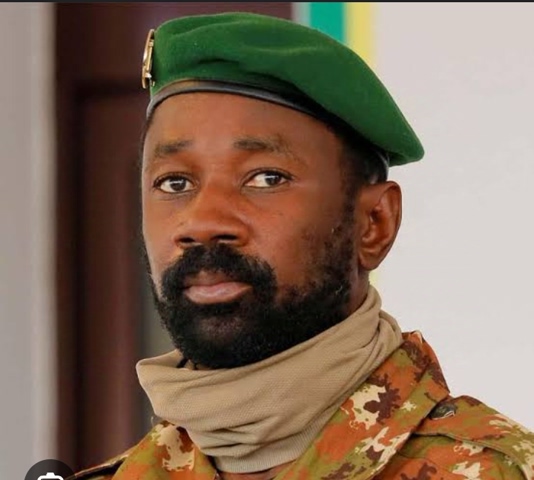
By Onoja Baba, Nigeria
Recently, the world was greeted with the news of Mali’s junta, dissolving all political parties in the African country in its lastest crackdown on opposition.
This is a big shift from the democratic development being nurtured in Africa.
This got tongues wagging on which way could be better for Malians and even Africa at large; the government of juntas or democracy?
Mali was once regarded as a relatively peaceful and stable country, particularly in the years following its democratic transition in the early 1990s.
After years of military rule, Mali transitioned to democracy in 1992.
The country held successful multiparty elections, with Alpha Oumar Konaré becoming the first democratically elected president.
However, years after, in May 2025, Mali had to witness its most significant pro-democracy demonstrations.
Citizens took to the streets of Bamako, voicing opposition to the military junta led by Colonel Assimi Goïta.
The protests were sparked by the government’s decision to dissolve all political parties and suspend political activities indefinitely.
These actions were perceived as attempts to extend Goïta’s rule beyond his mandate, which was set to end in 2025.
The demonstrations marked a pivotal moment, highlighting the public’s growing discontent with the junta’s authoritarian measures.
The roots of Mali’s current political turmoil trace back to August 2020, when President Ibrahim Boubacar Keïta was overthrown by a military coup led by Colonel Assimi Goïta.
The coup was driven by widespread dissatisfaction with the government’s handling of corruption and the escalating jihadist insurgency.
Following the coup, a transitional government was established, with Bah N’daw as interim president and Goïta as vice president.
However, in May 2021, Goïta orchestrated another coup, detaining N’daw and Prime Minister Moctar Ouane, and declared himself interim president.
The international community responded with condemnation.
The Economic Community of West African States (ECOWAS) suspended Mali’s membership and imposed sanctions, demanding a return to civilian rule.
Despite these pressures, Goïta’s government delayed elections, citing security concerns.
In June 2022, the junta announced a two-year extension of the transition period, further straining relations with regional and international partners.
In January 2025, Mali, alongside Burkina Faso and Niger, formally withdrew from ECOWAS, accusing the bloc of failing to support their fight against terrorism and imposing unjust sanctions.
The three nations formed the Alliance of Sahel States, aiming to coordinate their security efforts independently.
Mali’s shift away from traditional Western alliances has been marked by growing ties with Russia.
The presence of Russian mercenaries, particularly from the Wagner Group, has been reported in Mali, assisting in counterinsurgency operations.
This realignment has raised concerns among Western nations about the increasing influence of Russia in the region.
The security situation in Mali remains precarious.
Jihadist groups affiliated with al-Qaeda and the Islamic State continue to carry out attacks, particularly in the northern and central regions.
The government’s reliance on foreign mercenaries has not significantly improved the security landscape, and civilian casualties have been reported in military operations.
Economically, Mali faces challenges. The government’s dispute with Barrick Gold over tax issues has led to the closure of the Loulo-Gounkoto gold mine, one of the country’s largest.
Barrick has appealed to the World Bank’s arbitration tribunal to intervene, highlighting the risks to foreign investment in Mali’s mining sector.
As Mali goes through this complex political and security uphill, the path forward remains uncertain.
The recent pro-democracy protests indicate a growing desire among the populace for a return to civilian rule and democratic governance.
However, the junta’s consolidation of power and suppression of political opposition suggests that significant challenges lie ahead in achieving these goals.
The international community continues to monitor the situation closely, balancing concerns over security, governance, and human rights.
Mali’s future will depend on the junta’s willingness to engage in meaningful dialogue with opposition groups and the broader population and to commit to a clear and credible path toward democratic transition.
Meanwhile, the corruption being exhibited by leaders of other African countries is also fueling the desire for military takeover in so many African countries.
categories
recent posts
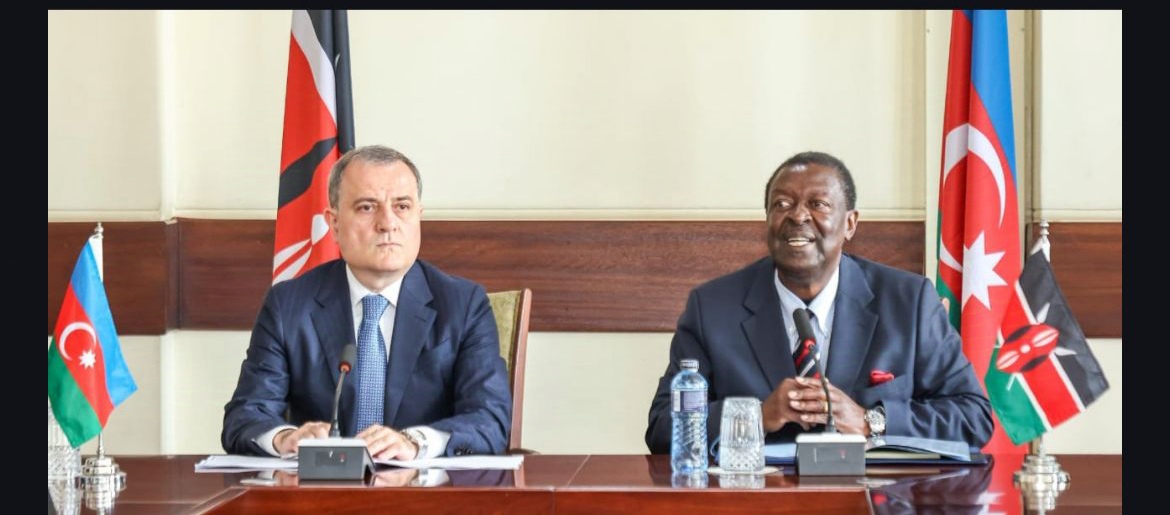
Kenya Strengthens Ties With Azerbaijan As New Embassy Opens In Nairobi
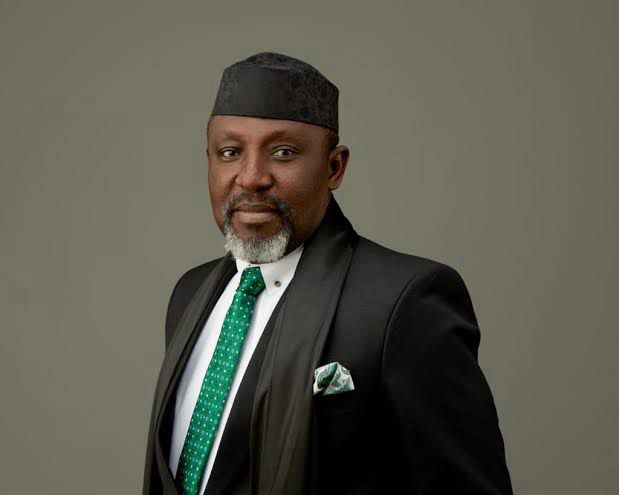
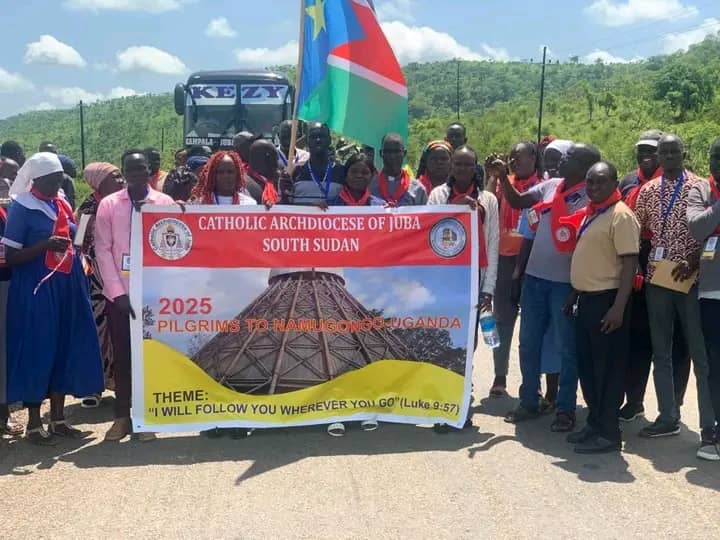
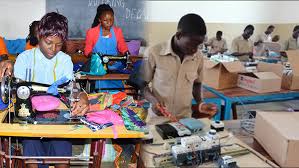
NIGERIA: FG Launches Skill-Up Programme To Train 100,000 Artisans Across Nigeria

